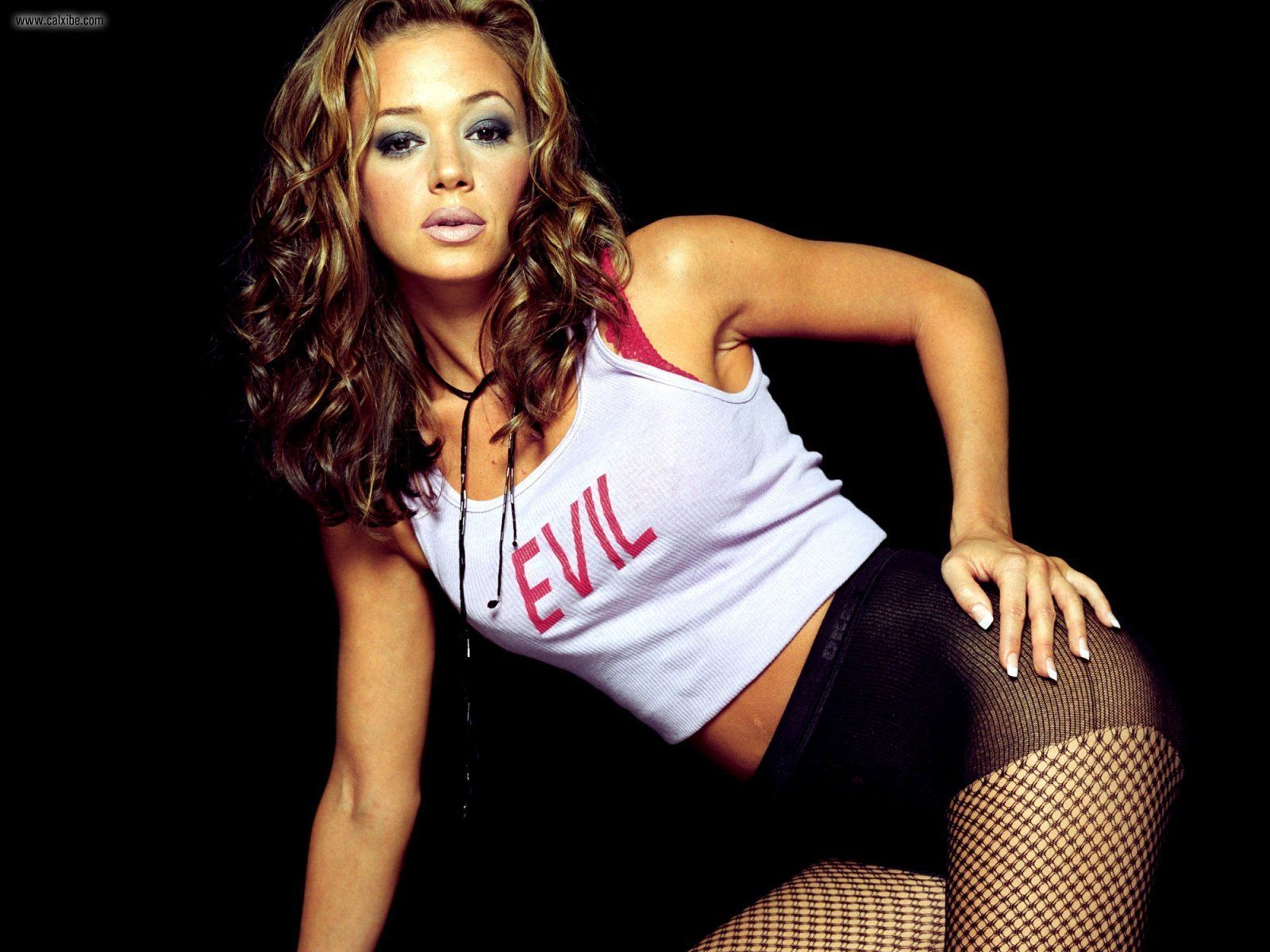

Meanwhile, social media has the potential to turn what was once a very solemn event into a chance to comment on everything from Queen Consort Camilla's hairdo to a misstep in King Charles' gait. "The way that people are going to consume this event, on a multiplicity of media channels, makes it a bigger media event" than its 1953 counterpart, says Ed Owens, historian and royal commentator. "This is a story of continuities as well as really significant changes," says Webb, "both in terms of how the media capture these events, how they then get circulated in culture, and then what we do with them as viewers, as audiences, as users of media content."īut where television was a one-way lecture between program and audience, today's internet age means Charles' coronation will be less appointment viewing for most and more available for quick glimpses on smartphones around the world. "You have the British Broadcasting Service as this mediating force that is able to convene the nation at a particular moment for a particularly special ceremony. "It's at that moment that the idea of the monarchy as a national spectacle begins," says Alban Webb, lecturer in media and cultural studies at the University of Sussex in England.

Perhaps without fully realizing its impact, Elizabeth fundamentally changed the once hyper-private nature of the centuries-old British monarchy when she requested that her coronation including the ceremony in Westminster Abbey be the first such investiture to be televised.
#KING AND QUEENS SHUTTIE TV#
"The uncomfortable truth is that the royal family is popular because it represents whiteness and is a colonial link to when Britain was 'great.'"Ī look back at all the details: Queen Elizabeth II's coronation was nearly 70 years agoġ0 things to know: UK's new monarch King Charles III ahead of his coronation From a 1953 TV event to a 2023 social media frenzy "The reality is there is nothing (King Charles) could do but abolish the monarchy if he wanted to reconcile that history and today's present," Andrews says. "There may be some diversity in the parade this time, but these are all PR exercises and not serious attempts to atone for the family's institutionally racist role," says Kehinde Andrews, professor of Black studies at Birmingham City University in England. Where Elizabeth became ruler of a largely enthralled and still sprawling empire, Charles inherits skeptical subjects hailing from a diminishing commonwealth of nations that increasingly question the very need for a monarchy. Where Elizabeth II represented youthful hope after the tumult of World War II, King Charles III is being crowned as war rages in Ukraine and political and financial tensions ramp up across Europe and the globe. "This is a coronation like no other," says Christopher Andersen, author of "The King: The Life of Charles III." "The really big, historically unprecedented differences this time around revolve around the two people being crowned and their extraordinary journey to this moment."
#KING AND QUEENS SHUTTIE HOW TO#
How to watch: King Charles III's coronation without going to Westminster Abbey WATCH LIVE: King Charles III's coronation live updates But in many ways, these seemingly similar events from two disparate centuries could not be more different. In historical substance, these two coronations echo each other – from the pomp of the public procession to the solemnity of the tradition-steeped church ceremony. On Saturday, nearly 70 years later, a gray-haired 74-year-old grandfather named Charles, Elizabeth's oldest son, will be crowned King Charles III, a leadership post sure to be challenged by a fractured family, a skeptical kingdom and a tense world. Her coronation launched a seven-decade reign that would see radical transformations to her family, kingdom and the world. On a soggy London day in June 1953, a bright-eyed 27-year-old married mother named Elizabeth was coronated as queen of England.


 0 kommentar(er)
0 kommentar(er)
